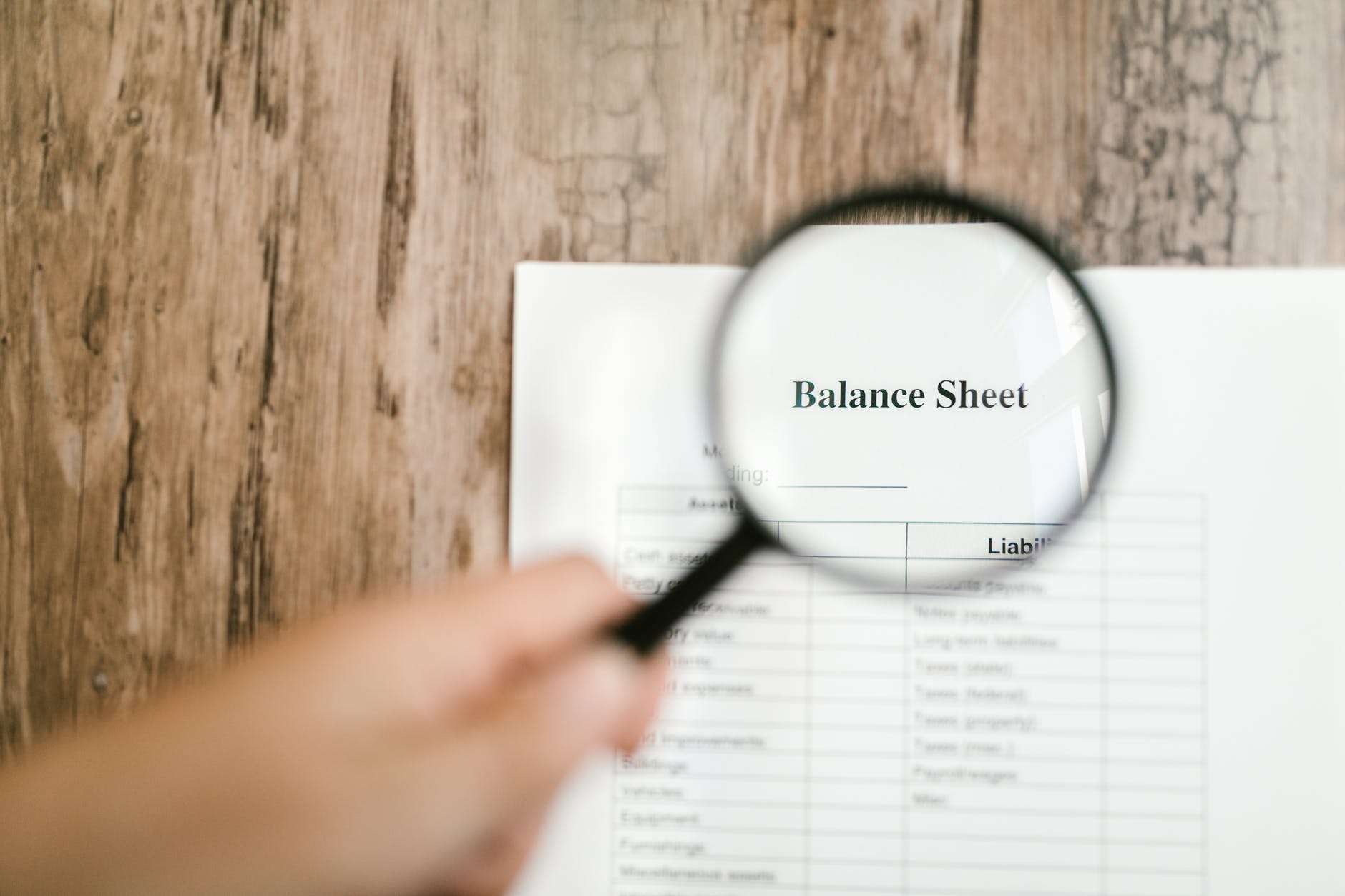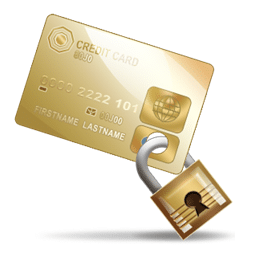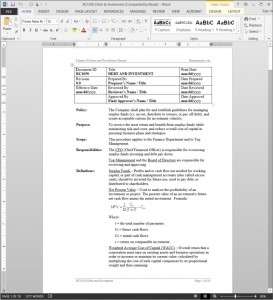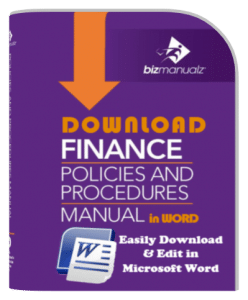Why is a Business Credit Score Important?

A business credit score is an indicator of your overall business financial health. It lets lenders and suppliers know you can pay your debts, and is a useful tool for cementing a reliable reputation. But it is your credit policy that protects your business cash. Why is a business credit score important?
What is a Business Credit Score and Why it’s Important?
If you don’t maintain a strong business score it’ll affect the chances of you getting credit and could even put some organizations off from doing business with you. Read on to discover exactly why it’s so important, how it works, and how to do a business credit score check.
What Is a Business Credit Score?
A business credit score is primarily a measure of your ability to repay your business debts. It is a reflection of the success of your business credit policy. Lenders and financial institutions report your payments to credit agencies that rank you on a scale of 0 to 100. In addition, your score is a good indicator of your trustworthiness, how long you’ve been operating, and your legitimacy. The goal is to have as high a score as possible.
Why Is It Important to Have a Good Credit Score?
- Low interest rates on credit cards and loans – A good score means you can be trusted and are a low risk to lend to. This means low interest rates on all types of borrowing
- High approvals on loans – Your credit score is the most important factor used by most lenders when deciding whether or not to approve your application. High scores mean high approvals
- Better supplier relationships – Having a high score is a sure sign you can be trusted. This gives you a little more negotiating power to get better deals with your suppliers
- Higher borrowing limits – Those with good credit often find it opens them up for some great loan deals with very generous borrowing limits
What Factors Affect Business Credit Score?
- Missed payments – Any skipped payments can have a significant impact on your score. While it takes months, or even years, to grow, one bad payment can have a huge setback
- Time in business – The longer you’ve been operating, the greater your score will usually be as you’ll have had time to get established and there’ll be enough information to assess your reputation
- Credit applications – Your score will take a negative hit for every credit application in the previous 12 months. Be selective in the types of funding you apply for
- Missed tax collections – Any tax lien in which the IRS has made a claim against your assets to cover tax payments will stay on your record for at least seven years, bringing with it an obvious negative effect
- Business registration – Incorporated companies tend to have better scores than sole traders as finances are tracked separately
- Financial history – Business credit reporting agencies often request financial statements to create accurate records. If you’re in profit, you’ll get a boost
- Bankruptcies – This is what will really tank your score. Even bankruptcies on your personal credit can have a negative impact on your business score
Business Credit Score Vs. Personal Credit Score – What’s the Difference?
- Corrections – While both personal and business scores allow you to submit corrections where you think errors have been made, there are far more protections on the consumer and personal side. By law, credit agencies are obligated to respond to personal score changes but don’t have to consider challenges made to business scores
- Capacity – Business credit scores allow you to apply for significantly higher amounts of funding. While a personal score might extend to the average mortgage, business scores let you potentially apply for millions of dollars. This is why we always recommend you register as an incorporated business to take advantage of this
- Different credit agencies – While Experian and Equifax do both personal and business scores, the reports are kept distinctly separate. Plus, Dun & Bradstreet only does business scores
- Transfers – Your personal credit rating stays with you for life. Business scores, however, can transfer to new owners should you sell the business. A good score can be a significant factor in determining the selling price
How Does Business Credit Work?

In the US there are three main business credit reporting agencies:
Whenever you make payments to lenders or suppliers these records will be reported to one or all of these agencies which will build up your score over time. Each will use slightly different criteria and assign a different weighting to each category to determine your score.
All will make use of public records at both county and state levels, such as business registration and filed accounts. We’re seeing increasing use of internet mining too where credit reports are compiled after trawling the web for any company information, which can include business owner and background checks.
Finally, there’s the FICO Small Business Scoring Service. It’s one of the oldest data analytics companies in the country and it determines your score by combining data from all three credit agencies into one: Dun & Bradstreet, Equifax, and Experian.
| Dun & Bradstreet | Experian | Equifax | FICO | |
| Score | PAYDEX | Intelliscore Plus | Equifax Business Credit Report | FICO SBSS Score |
| Range | 0-100 | 0 – 100 | Three different scores:
0 – 100 100 – 992 1000 – 1880 |
0 – 300 |
| Major Determining Factors | On-time payments to creditors
Paying your creditors well before the deadline |
Prompt payments
Negative marks to your record such as tax liens How often you use credit |
The size and age of your company
How long you’ve had credit Your credit limits |
The size of your business including the number of employees
Revenue levels and value of assets Your personal credit history Data from other credit agencies |
Business Credit Bureaus Explained
Credit reports are generated from a few different companies including Dun and Bradstreet (using PAYDEX score), Equifax (uses Business Credit Report), Experian (using Intelliscore Plus score), and the Fair Issac Corporation (uses FICO SBSS score). They all calculate a business credit score by combining data and business intelligence.
Dun and Bradstreet Business Credit Score
Dun & Bradstreet has been providing credit reporting, data analytics, and business insights since all the way back in 1841. Given its illustrious history, Dun and Bradstreet credit reports carry a lot of weight with lenders and it now holds more than 200 million business records. The Dun & Bradstreet business credit score uses a PAYDEX score which is a sliding scale between 0 – 100. It’s a dollar-weighted indicator that reflects your past business performance and is made up almost entirely of trade references it receives from companies and financial institutions.
Dun and Bradstreet will consider all debts, bills, and overdue and on-time payments when calculating the score. Each rating can be made up of references from up to 875 individual trade references and you’ll get a bonus to your score for prompt or early payments. Scores close to 100 in your final report represent excellent credit, while scores close to zero denote very bad credit and a high lending risk.
Equifax Business Credit Score
Equifax is another giant of the industry and has been providing credit reporting information since 1899. It currently holds more than 800 million personal records and 88 million business records that it uses to determine scores. Its reports are actually composed of three different ratings that sit on a total range between 0 – 1,880.
The Equifax business credit score is made up as follows:
- 0 – 100 – A payment index that covers on-time or missed debt payments. A score close to 100 represents excellent credit
- 100 – 992 – This score analyzes your credit risk and considers factors such as past delinquencies, how long you’ve been in business, and how often you use credit. A higher score means you present a lower risk
- 1,000 – 1,880 – This is your business failure score and represents how likely Equifax thinks you are of going under in the next 12 months. Again, the higher your score, the lower the risk
Experian Business Credit Score
Experian is the new kid on the block in terms of credit companies having only been around since 1996. Still, in that time it has accumulated more than 25 million records on US businesses. The Experian business credit score uses the Experian Intelliscore Plus score in its reports, which is a sliding scale between 0 – 100. Much like the others on the list, the higher the score the better your credit rating is.
However, Experian doesn’t reward early payments and only considers whether or not you hit the deadline. In addition, it looks at how often you’ve used credit in the past, whether you frequently push your credit limits, as well as track any delinquencies and bankruptcies. It’s definitely one of the more detailed reports, although it has the smallest pool of records to select from.
FICO Small Business Credit Score
Originally founded in 1956 as the Fair Issac Corporation, the company is now one of the most important credit reporting agencies in the US that uses data analytics important in risk management. The service is used by each of the top 10 Fortune 500 companies. A FICO small business credit score ranges between 0 – 300 and pulls together a large amount of data from across all of the other agencies on our list, making it one of the most comprehensive reporting bureaus in the US. As with other agencies, the higher your score, the better your credit.
As well as drawing on data such as payment history, tax liens, credit applications, and credit utilization, FICO also has vast amounts of personal credit score information too. Lenders get to decide how much weight is given to both the personal and business scores which can be useful for fledgling organizations that don’t have a long history.
How to Check Your Business Credit Score
- Dun and Bradstreet – You’ll first need to register for a free DUNS number via the Dun and Bradstreet website. A basic free report is available, but there are several paid tiers for those looking for more info
- Equifax – You’ll need to get in touch with Equifax directly for a commercial report and prices may vary but start at $61.99
- Experian – The platform offers reports starting from $39.95 direct from its website
- FICO – You’ll need to make inquiries directly via the FICO website to find your accurate score and charges may be applied
Business Credit Score
Just like your personal credit score, it’s absolutely vital that you keep on top of your credit process and the resulting business credit rating. It’s a critical factor when being considered for lending and a bad business score could mean the difference between business expansion or failure.
Make sure to keep up to date with different scores across the four main agencies and always raise a challenge if you find any discrepancies or something you’re not happy with. Think of your credit score as a general sign of health for your business. Look after it and it will look after you.

















Leave a Reply